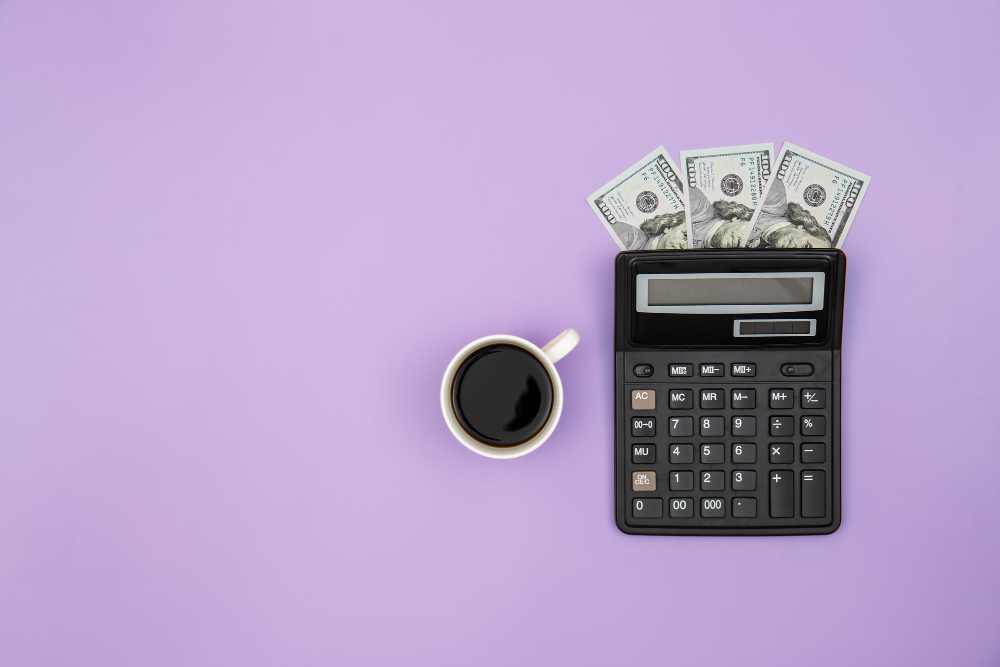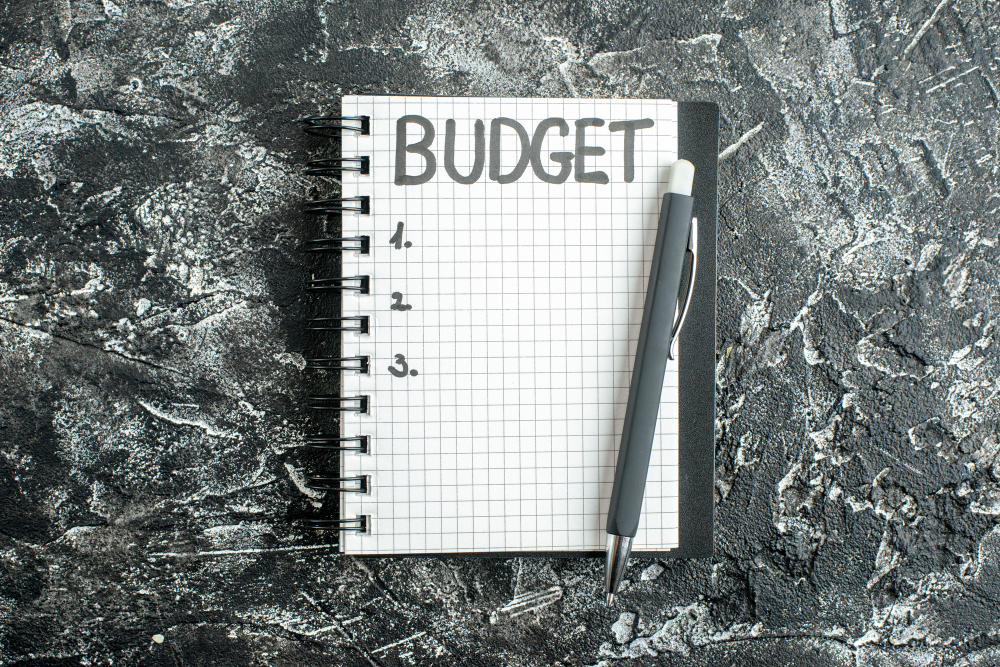Budgeting Basics: How to Create and Stick to a Monthly Budget
Managing your finances can feel overwhelming, but creating and sticking to a monthly budget is one of the most effective ways to take control of your money. A budget allows you to understand where your money is going, make better financial decisions, and save for the future. Whether you’re trying to pay off debt, save for a big purchase, or simply gain more financial stability, budgeting is an essential skill. Here’s how to get started with budgeting basics and stick to it every month.

Understand Your Income and Expenses
Start with Your Income
The first step in creating a budget is understanding how much money you have coming in each month. This includes your salary, business income, or any other sources of income like rental income or investment returns. Be sure to calculate your net income—what you take home after taxes and other deductions. Knowing exactly how much money you have to work with is essential for building a realistic budget.
Track Your Expenses
Once you know your income, it’s time to track your expenses. Write down all of your monthly expenses, both fixed and variable. Fixed expenses are those that remain the same every month, like rent/mortgage, utilities, and insurance. Variable expenses, like groceries, entertainment, and transportation, can change from month to month.
To accurately track your expenses, you can use a budgeting app, an Excel spreadsheet, or simply a pen and paper. By categorizing your expenses, you’ll be able to see where your money is going and identify areas where you might be able to cut back.
Set Financial Goals
Short-Term Goals
Once you have a clear picture of your income and expenses, it’s time to set your financial goals. Think about your short-term goals, such as paying off credit card debt, saving for a vacation, or building an emergency fund. These are goals you can achieve within a few months to a year.
Long-Term Goals
You should also set long-term financial goals, like saving for retirement, buying a home, or funding your children’s education. These goals will require consistent effort and savings over a longer period of time. Identifying both short-term and long-term goals will help you prioritize where to allocate your money.
Choose a Budgeting Method
There are several budgeting methods that you can use to manage your money. Here are some of the most popular ones:
The 50/30/20 Rule
This simple rule divides your income into three categories:
-
50% for Needs: Essentials like housing, utilities, food, and transportation.
-
30% for Wants: Non-essential spending, such as entertainment, dining out, and hobbies.
-
20% for Savings and Debt Repayment: Putting money aside for savings or paying off debt.
Zero-Based Budgeting
In zero-based budgeting, every dollar of your income is assigned a specific purpose. At the end of the month, your budget should "balance out," meaning your income minus your expenses should equal zero. This method forces you to be intentional about every dollar you spend.
Envelope System
This method works well for managing cash. You allocate a certain amount of cash for different categories (like groceries, dining out, and entertainment) and keep the money in separate envelopes. Once the money in an envelope is gone, you can’t spend any more in that category for the month.
Create a Realistic Budget
Plan for Fixed and Variable Expenses
When setting up your budget, make sure you account for both fixed and variable expenses. Fixed expenses are easier to predict, but variable expenses can fluctuate. Look back at your previous months’ spending to estimate how much you typically spend in categories like groceries, transportation, and entertainment. If your expenses fluctuate a lot, try to estimate a reasonable average.
Include Savings
Make sure to prioritize saving in your budget. Whether it’s for an emergency fund, a down payment on a house, or retirement, savings should be a non-negotiable category. Aim to save at least 20% of your income, but if that’s not possible at first, start with a smaller percentage and increase it over time.
Monitor and Adjust Your Budget
Track Your Spending Regularly
Creating a budget is only the first step; sticking to it requires ongoing monitoring. Regularly check in on your spending to ensure you’re staying within the limits you’ve set for each category. Many budgeting apps can automatically track your spending and alert you when you’re getting close to your limits.
Adjust as Needed
Life can be unpredictable, and sometimes your expenses or income will change. If you find that you’re consistently overspending in a certain category or that your income has changed, it’s important to adjust your budget. You may need to trim back in other areas to ensure you’re still able to meet your savings goals and avoid going into debt.
Use Tools and Resources
Budgeting Apps
There are many apps designed to help you manage your budget and track your spending. Popular apps like Mint, YNAB (You Need A Budget), and EveryDollar can help you stay organized, set goals, and even sync with your bank accounts to track expenses automatically.
Spreadsheets
If you prefer a more hands-on approach, creating your own budgeting spreadsheet can give you full control over your finances. You can easily customize the categories, add formulas to calculate totals, and update it as you go.
Financial Advisors
If you’re unsure about how to create a budget that works for your specific financial situation, consider working with a financial advisor. They can offer personalized guidance, help you set realistic goals, and provide expert advice on managing debt and investments.

Stick to Your Budget
Create Good Habits
The key to sticking to your budget is building good financial habits. Stay disciplined about tracking your spending, saving consistently, and reviewing your budget regularly. Over time, these habits will become second nature.
Avoid Temptation
It’s easy to fall off track when you’re tempted by impulse buys or unplanned expenses. To avoid this, set clear guidelines for yourself on what constitutes a "want" versus a "need" and resist the urge to deviate from your budget. You may also want to unsubscribe from promotional emails or avoid shopping websites to reduce temptation.
Conclusion: Financial Freedom Starts with a Budget
Creating and sticking to a monthly budget is a crucial step toward achieving financial stability and independence. By understanding your income, tracking your expenses, setting goals, and using the right budgeting methods, you can make informed financial decisions and save for the future. Remember, budgeting is a skill that improves over time, so be patient with yourself as you refine your approach. With consistency and commitment, you can gain control over your finances and work toward your financial goals.












